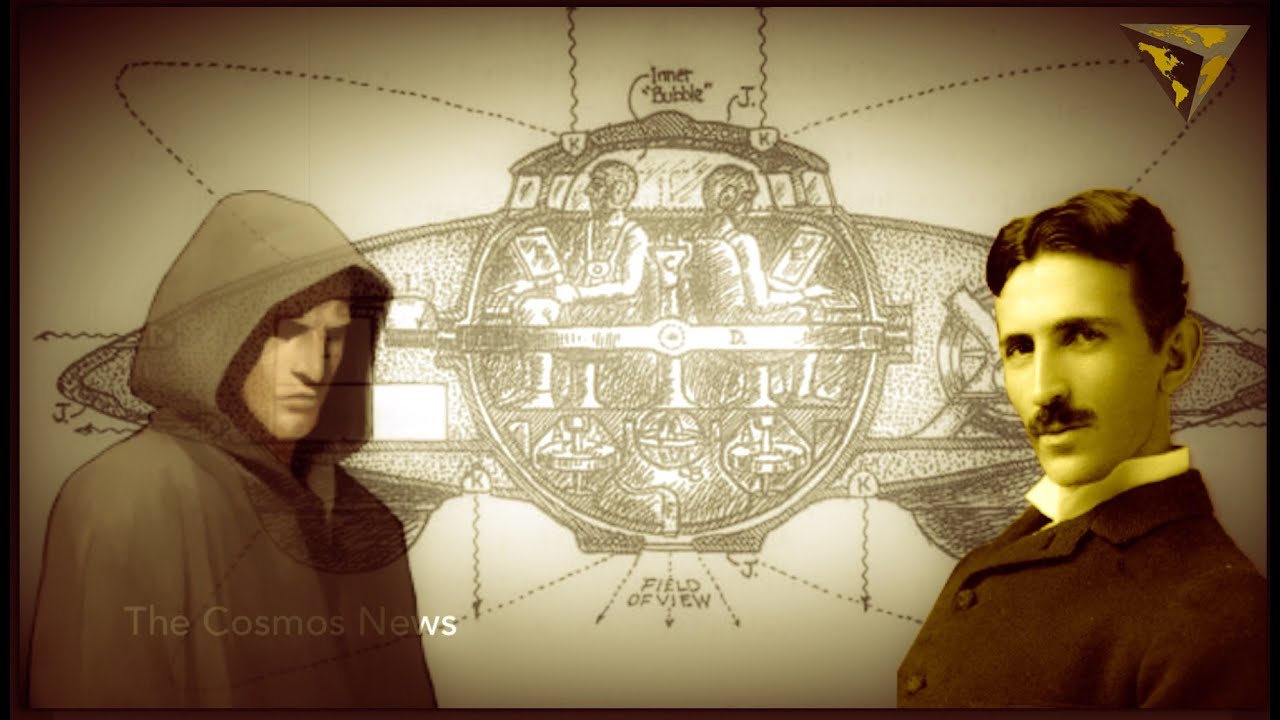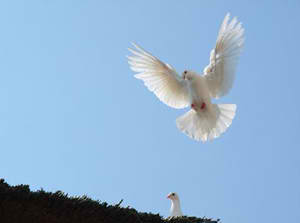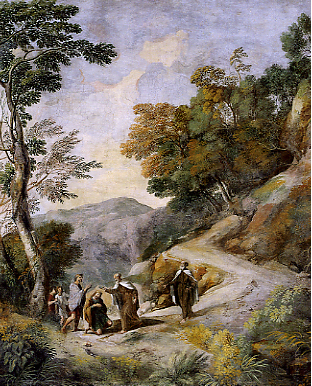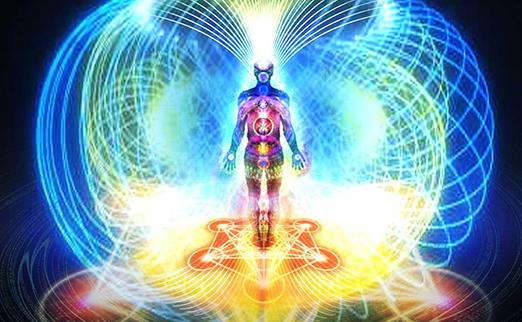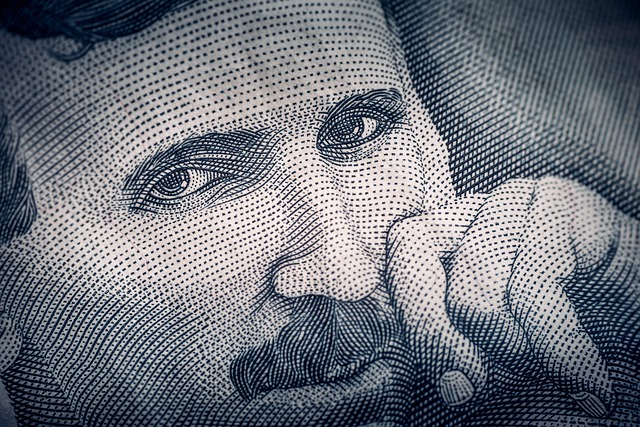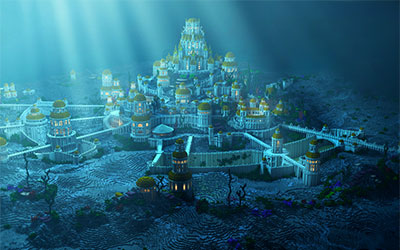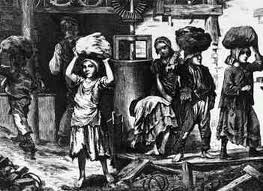
THE CHANGES MADE BY THE INDUSTRIAL SOCIETY
Sociology focuses in particular on the social life in the modern world, resulting from the radical changes that have occurred over the past two centuries.
Sociology has the task of analyzing the balance that is achieved between social reproduction and transformation. The first is referred to how societies "go forward" in time, the transformation to the changes which they undergo. Social reproduction is achieved through continuity in the things that people do day after day, year after year, through the social habits of the people.
Change (transformation) is partly caused either intentionally by the people or is the result of consequences that no one expected or projected.
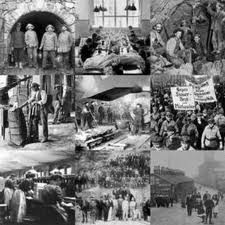
Traditional States do not exist any more. They were erased by the industrialization, i.e. the emergence of mechanized production, supplemented by inanimate energy resources, such as steam and electricity.
Industrialized societies are in many ways radically different from any previous type of social order and their development had good consequences beyond their European origins.
Modern industrialization, as we know, began in England following the "Industrial Revolution", which began in the eighteenth century, which brought a number of technological changes including the invention of a new machine (such as the spinning jenny), the exploitation of energy resources for production purposes (in particular water and steam) and the use of science to improve production methods.
Technological innovation was so rapid, compared to that of the traditional society that the discoveries and inventions occurred in a particular field cause others in different fields.
The first distinctive feature of industrialized societies is that the vast majority of the working population works in factories and offices, rather than in agriculture. In the Traditional States, even in the most developed, only a very small part of the population was exempted from agricultural work.
Compared to all traditional social systems, industrialized societies have a higher level of urbanization: in most industrialized countries over 90% of the population lives in towns and cities, where there are most of the jobs.
In these new urban areas, social life becomes more impersonal and anonymous than in the past, since many of the daily contacts occur between strangers rather than between individuals connected with each other by a personal relationship.
Another characteristic of industrialized societies relates to their political system, which is much more developed and complex in the forms of the government adopted by the Traditional States: in recent political authorities (monarchs and emperors) had little direct influence on the customs and habits most of the people who lived in isolated villages relatively autonomous, with the industrialization transport and communications become faster, enabling more integrated national community.
Industrialized societies were the first nation-state in history, or political communities separated by clearly defined boundaries, rather than confusion border areas, as it had been between the Traditional States.
In the national states governments have extensive power on many aspects of people's lives, because they enact laws binding on all those who live within national borders. In addition, the processes of the industrialization were placed at the service of the war purposes, and this has radically changed the ways of conducting the war, creating weapons and forms of military organization much more advanced than those of non-industrial cultures.
A whole series of traditional societies and cultures have disappeared because they were not able to withstand the impact of the combination of military and industrial power developed by Western countries.
Dr. Antonio Gelsomino
READ ALSO:
The first industrial revolution
The second industrial revolution
The industrial societies and transformations
The family and the influence of the industrial society




